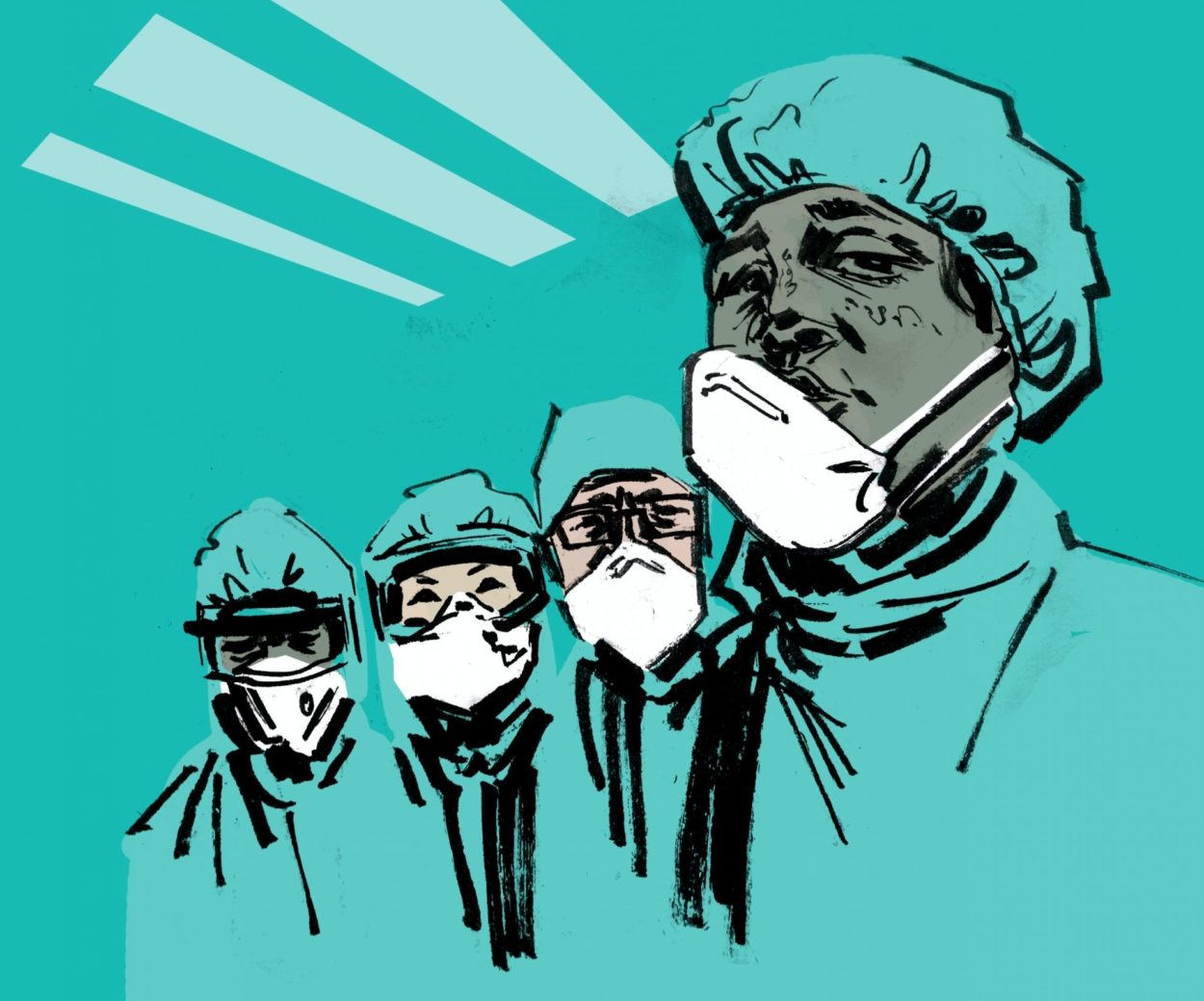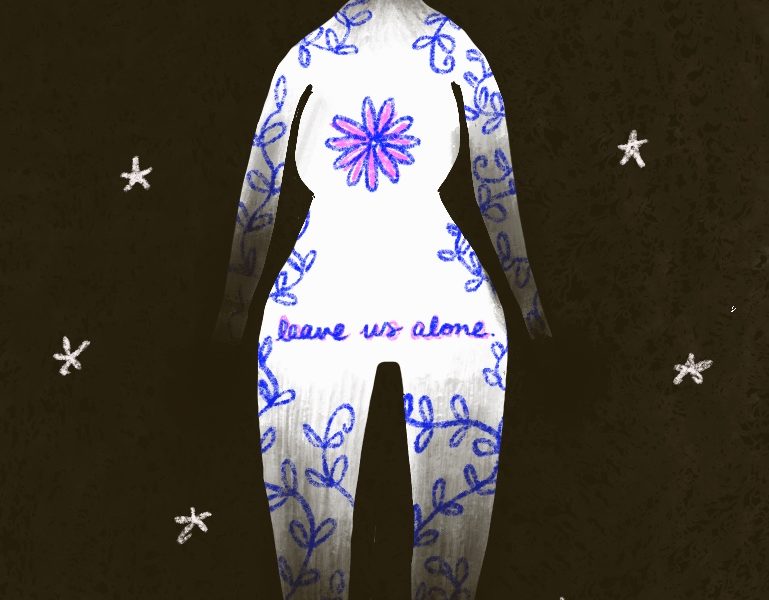So, what have you all been unlearning this month? I’ve been working on a few things, mostly regarding productivity and self-worth. There’s always going to be something you’re getting wrong, and that’s alright!

Doctors Are People Too: Discrimination in Healthcare
I personally feel like a lot of the unlearning still to be done in 2020 revolves around who we trust, and who we don’t. We want to trust our doctors. We want to believe that we’re always going to get the best level of care available. Few people in our society are seen as infallible the way that doctors are. Unfortunately, for many people, doctors represent fear and shame.
Racism runs rampant in our healthcare system. When the NHS asked ‘did your doctor treat you with respect and dignity’, patients of colour were overall less likely to respond positively, with Asian patients being 50% less likely. Men of Black African and Black Caribbean descent are three times more likely to develop prostate cancer than white men. Black women in the UK are five times more likely to die during childbirth than white women. Patients of colour report terrible experiences, from practitioners accusing them of substance abuse to believing they are less able to feel pain than white people. Of course, the highest rates of diagnosis of coronavirus are coming from Black communities, and a third of patients needing breathing support in intensive care after testing positive for the virus are not white.
Many women have stories of visiting doctors only to have symptoms dismissed, or to be outright disbelieved. Women wait longer in emergency rooms and are less likely to be given painkillers. Women are more likely to prescribed anti-anxiety medication when presenting with pain, and are often written off as psychiatric patients. It’s a common stereotype that women are more likely to go to the doctor than men – hence why they can be dismissed as not really suffering – but research into the issue has found that this is not the case. Clinical trials are often done on male subjects, and the effects of medication on women is left almost completely unknown.
Finally, doctors have been at the forefront of a psychological war fought against fat people. For them, doctors are a source of persistent and unique trauma. Doctors spend less time with fat patients and are more likely to use negative words – “non-compliant”, “weak-willed” – to describe them. Many physicians genuinely believe that shaming fat people is the best way to convince them to lose weight. Many fat patients have stories of presenting at a doctor’s with issues completely unrelated to their weight, such as chest pain, or muscle soreness, and being told to lose weight before coming back.
Doctors are more likely to be male, white, and skinny. Of course they are as prone to the biases in our society as any other human, despite our desire to idolise them. Nobody wants to believe that their doctor is fallible.
So, with that in mind, next time you’re getting a check-up and you feel like something is wrong, listen to your gut and ask for a second opinion. You just never know.
Caitlin Flavell, Politics Editor
Image via Unsplash






Leave a Comment